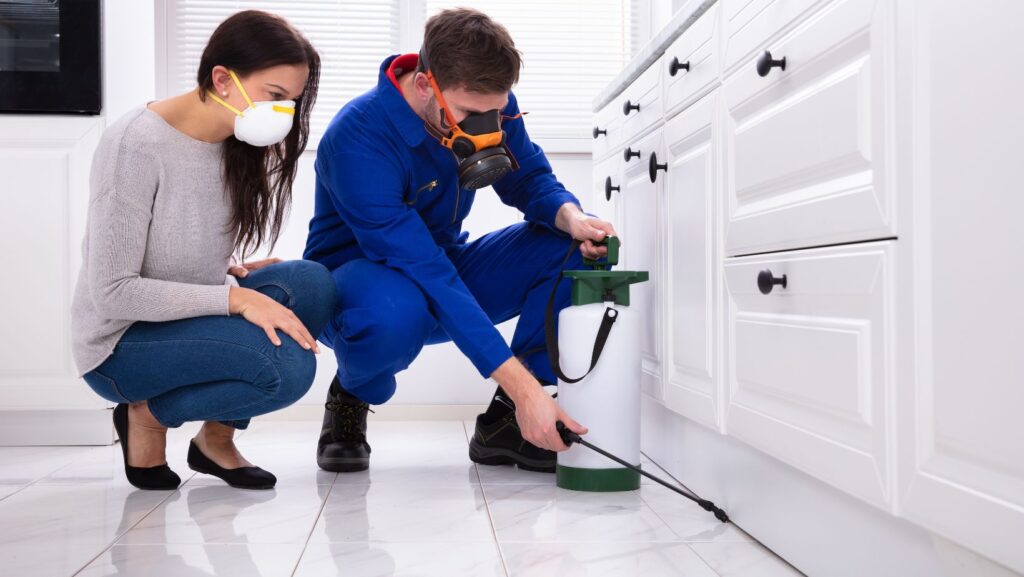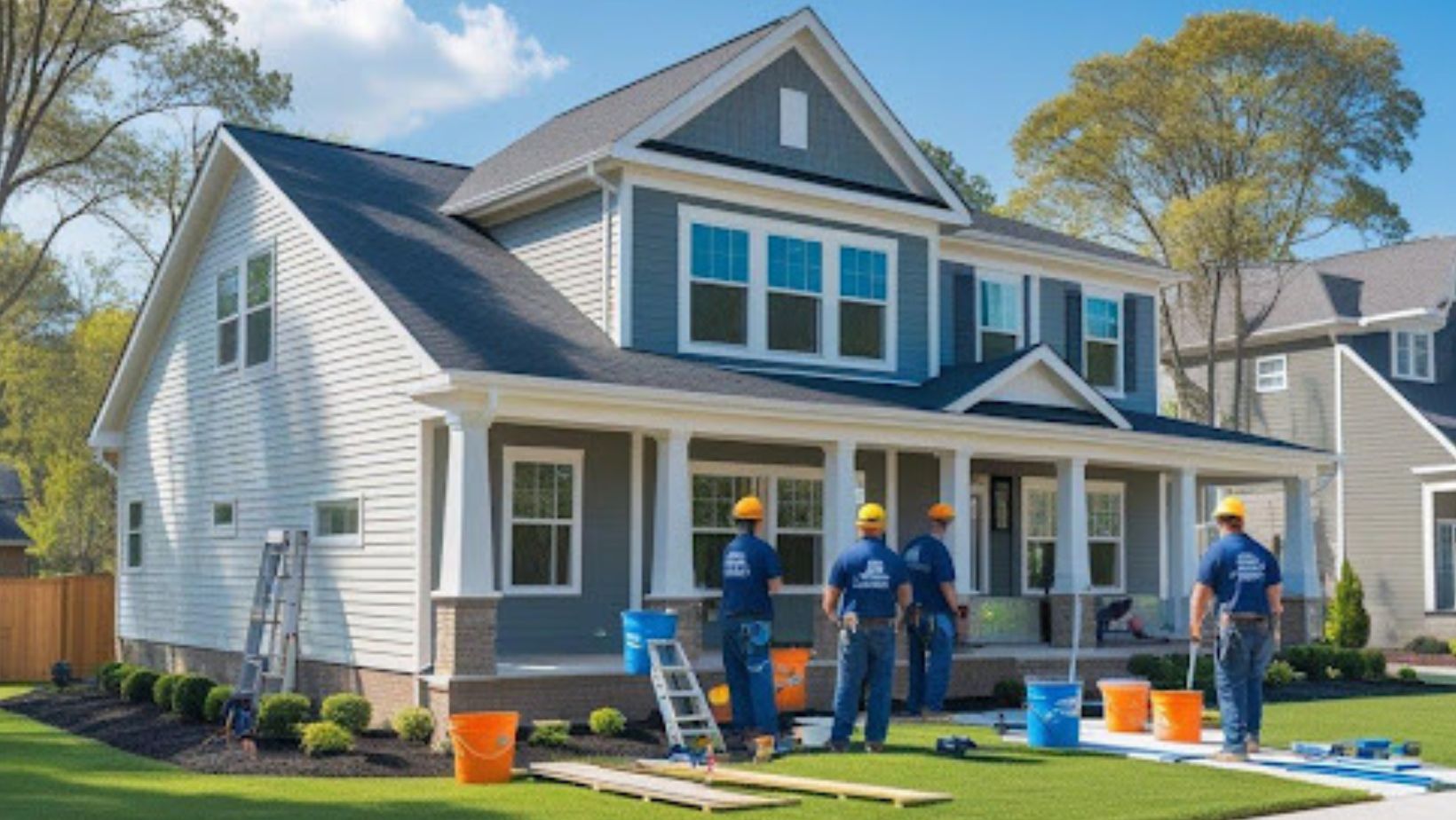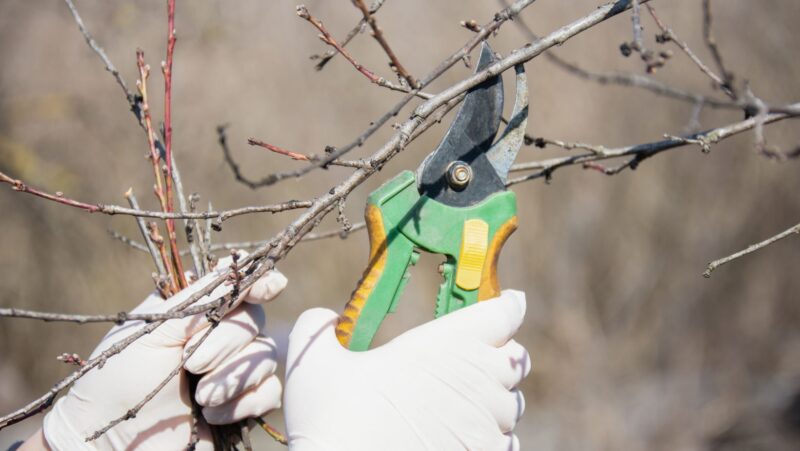
In Pennsylvania, the responsibility for pest control in rental properties depends largely on the terms of the lease and the nature of the infestation. Landlords are generally responsible for pest control when the problem is due to structural issues or when dealing with multi-unit properties. Tenants, however, may be required to handle pest control if the lease specifically assigns that duty to them or if the infestation results from their behavior.
Landlords have a legal obligation to keep the property in a livable condition, which often includes addressing pest problems promptly. This means they must regularly inspect, maintain, and repair any structural faults that could allow pests to enter. Understanding who is responsible prevents confusion and helps both parties act quickly when pests appear.
Landlord Responsibilities for Pest Control in Pennsylvania
Landlords in Pennsylvania are required to maintain rental properties in a habitable condition, which includes addressing pest infestations. Their duties cover specific pests, legal standards, and terms outlined in lease agreements, all of which define the scope and timing of pest control measures.
Legal Requirements for Landlords
Pennsylvania law imposes an implied warranty of habitability on landlords. This requires landlords to ensure their rental units are free from infestations that affect health or safety. When tenants report pests such as bed bugs or rodents, landlords must hire licensed pest control professionals to investigate and eliminate the problem.
This responsibility includes follow-up inspections, particularly with bed bugs, often extending for up to 12 months after treatment. However, landlords are generally not obligated to provide routine pest control services unless such services are specified in the lease or mandated by local ordinances.
Types of Pests Typically Covered
Landlords in Pennsylvania are responsible for addressing infestations of common pests that impact livability. These often include:
- Bed bugs
- Mice and rats
- Cockroaches
- Ants
These pests are recognized as threats to tenant health and comfort. Landlords must respond promptly to infestations, ensuring effective extermination. Tenants, conversely, may bear responsibility if pests result from their own actions or negligence.
Lease Agreement Considerations
The lease agreement can clarify or adjust pest control responsibilities. While Pennsylvania law sets baseline requirements, leases may specify who pays for pest control services or outline tenant obligations to maintain cleanliness and report infestations promptly.
Landlords often include clauses requiring tenants to notify them quickly about pest issues. They may also state tenant responsibility for pest control if caused by tenant behavior. Clear lease terms help avoid disputes and ensure prompt resolution of pest problems.
Tenant Responsibilities and Rights
Tenants in Pennsylvania have specific duties when it comes to pest control. They must also be aware of their rights, especially regarding safe and habitable living conditions.
Tenant Obligations Under Pennsylvania Law
Tenants are responsible for maintaining cleanliness and preventing conditions that attract pests. This includes proper disposal of garbage, avoiding food spills, and keeping living spaces tidy. Neglecting these duties can shift pest control responsibility onto tenants.
Pennsylvania law expects tenants to avoid causing infestations through neglect or unsanitary behavior. If a tenant’s actions contribute to a pest problem, such as hoarding or food storage issues, they may be liable for treatment costs. Tenants should follow lease terms related to property care to minimize pest risks.
Reporting Pest Problems
Tenants must report pest problems to landlords promptly. Early notification can prevent infestations from worsening and allows landlords to take timely action. Failure to report in a reasonable timeframe may affect the tenant’s ability to enforce their rights.
Written communication is recommended when reporting pests to establish a clear record. This can include emails or formal letters detailing the problem and request for remediation. Prompt reporting supports tenants if legal action becomes necessary due to unresolved pest issues.
Right to Habitability
Pennsylvania law includes an implied warranty of habitability, requiring landlords to provide safe, pest-free housing. Tenants have the right to live in conditions free from infestations that affect health or safety.
When landlords fail to address pest issues, tenants may pursue remedies such as rent withholding or court action. However, tenants must comply with their responsibilities. The right to habitability does not absolve tenants of their role in preventing pest problems through proper maintenance.
Liability and Legal Consequences
Landlords in Pennsylvania have specific obligations regarding pest control, and failure to meet these can lead to significant responsibilities and legal challenges.
Landlord Liability in Pest Infestations
Landlords are legally required to provide habitable rental properties, which includes addressing pest infestations. If pests like rodents, bedbugs, or cockroaches appear, the landlord must respond promptly to resolve the issue.
This obligation is part of the implied warranty of habitability, a legal standard that ensures tenants live in safe, healthy environments. When landlords neglect pest control, they risk violating this warranty.
Tenants should notify landlords about infestations in writing. If ignored, landlords may be liable for damages related to the pests, including health problems or property damage. Lawyers often advise landlords to act quickly to avoid escalating legal or financial consequences.
Potential Legal Disputes
Disputes over pest control can lead to lawsuits or rent withholding. Tenants may sue landlords for failing to maintain pest-free conditions or seek rent reduction until the problem is fixed.
Legal action often hinges on communication records and how promptly the landlord acted. If the landlord delays or denies responsibility, tenants might consult a lawyer to pursue claims under Pennsylvania’s landlord-tenant laws.
Conversely, landlords may claim tenant negligence if the infestation results from poor tenant housekeeping or unauthorized pet introduction. Clear lease terms specifying pest control duties reduce risk.
Both parties benefit from understanding their rights to avoid lengthy legal battles. Lawyers frequently emphasize documentation and timely response as essential to resolving pest-related conflicts in rental housing.
Role of Local and State Regulations
Pennsylvania’s pest control responsibilities for landlords are shaped by both state laws and local ordinances. Each level of regulation defines duties differently, particularly regarding prevention, response times, and tenant notifications.
Local Ordinances Impacting Pest Control
Many Pennsylvania municipalities have specific ordinances that affect how landlords must address pest control. These rules can set stricter standards than state law regarding timelines for remediation and required pest control measures.
For example, some cities may require landlords to perform periodic inspections or hire licensed pest control professionals for recurring issues. Local laws also often establish tenant rights to demand pest control services and outline complaint procedures through housing or health departments.
Failure to comply with local ordinances can lead to fines or legal action, making it important for landlords to stay informed about regulations in their specific city or township.
Differences Between Statewide and Local Rules
At the state level, Pennsylvania law generally mandates landlords keep rental units habitable, which includes addressing pest infestations. However, state law offers broad standards without detailed procedures.
Local regulations fill this gap by specifying how quickly landlords must act and what qualifies as a pest problem warranting intervention. In some areas, local rules complement state laws by requiring documentation of pest control efforts or tenant notifications. These differences mean landlords may face varying obligations depending on property location.
Practical Solutions and Ideal Practices
Effective pest control in Pennsylvania rental properties relies on clear roles and proactive steps by both landlords and tenants. Regular inspections, good communication, and timely interventions are essential to maintain a pest-free environment.
Preventative Measures for Landlords and Tenants
Landlords should schedule routine pest inspections and treatments, ideally quarterly, to detect and prevent infestations early. Maintaining property upkeep, such as sealing cracks, repairing leaks, and cleaning common areas, reduces pest entry points.
Tenants must follow preparation guidelines for treatments, keep living areas clean, and promptly report pest sightings. Cooperation in disposing of garbage properly and avoiding clutter helps minimize conditions attractive to pests.
A clear lease clause specifying responsibilities and expected actions ensures both parties understand their roles. Prevention depends on consistent maintenance combined with tenant compliance.
Hiring Professional Pest Control Services
Landlords in Pennsylvania should employ licensed pest control professionals for inspection and treatment. Professionals assess the property, identify pest types, and apply appropriate methods tailored to the specific infestation.
Using certified services ensures treatments meet state regulations and provide warranties or follow-up visits. Landlords should arrange treatments promptly after infestation reports and keep records of all pest control activities.
Tenants should allow access for scheduled treatments and follow any preparation instructions given by the pest control company. Professional involvement enhances the chances of effective, long-lasting pest control results.














